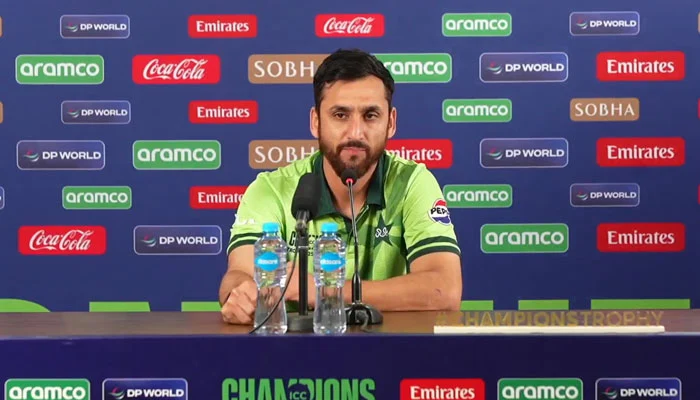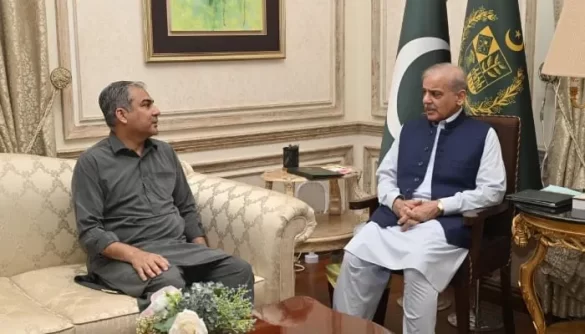Pakistan Shows Promise but Misses the Mark
Following Pakistan’s loss to India in the Super Four stage of the 2025 Asia Cup T20, captain Salman Ali Agha shared his thoughts on the team’s performance. While acknowledging the defeat, he emphasized that Pakistan’s batting showed promise and could have yielded an additional 15–20 runs under better execution.
In the high-stakes match, India won the toss and chose to field first. Pakistan responded by posting 171 runs for the loss of five wickets in their allotted 20 overs. Despite a promising start, the team struggled to convert momentum into a larger total.
India’s Aggressive Power Play Shifts Momentum
Salman Ali Agha admitted that the game did not unfold perfectly for Pakistan. “The Indian batsmen played aggressively during the powerplay, and that shifted the momentum in their favor,” he said. The early onslaught from India’s top order made it difficult for Pakistan’s bowlers to maintain control, ultimately influencing the match outcome.
India chased down the target comfortably, scoring 172 runs with six balls to spare while losing just four wickets. This marked Pakistan’s second consecutive defeat in the Super Four stage, highlighting the challenges the team faces against strong opponents in high-pressure games.
Missed Opportunities in the Final Overs
The captain pointed out that despite a good start from Pakistan’s top order, the team failed to build a large, competitive total. “If our batsmen had performed better in the final overs, we could have reached around 190,” Salman Ali Agha explained. He suggested that small adjustments in shot selection and running between the wickets might have made a significant difference in the final score.
This reflection underscores the fine margins in T20 cricket, where a handful of extra runs can shift the outcome of a match, especially in a tournament as competitive as the Asia Cup.
Praise for Bowlers Under Pressure
Despite the loss, the captain praised the bowling performance of Haris Rauf and Faheem Ashraf, while Haris Rauf’s key moments in the Pakistan–India clash drew significant online attention. “Both delivered strong performances under challenging circumstances,” he said. The pair managed to keep the Indian batsmen in check at key moments, demonstrating resilience even when the team faced pressure.
Haris Rauf, known for his pace and ability to generate bounce, and Faheem Ashraf, a versatile all-rounder, played crucial roles in restricting India to manageable partnerships. Their efforts, though not enough to secure a win, were highlights for Pakistan in an otherwise challenging match.
Looking Ahead: Lessons for Pakistan
Salman Ali Agha’s comments reflect a broader perspective on Pakistan’s strategy moving forward. While the team showed glimpses of potential, particularly in batting and bowling balance, execution at critical moments remains a concern. The captain emphasized the need to maintain consistency, improve finishing in the death overs, and strengthen fielding discipline.
The Asia Cup T20 is shaping up as a platform where fine margins decide outcomes, and Pakistan will need to optimize both strategy and execution in upcoming matches. The team’s performance against India highlights the competitive nature of modern T20 cricket, where aggressive powerplay batting and smart bowling strategies can define the game.
In conclusion, while the loss was disappointing, Salman Ali Agha remains focused on growth and resilience. By learning from the match and enhancing key aspects of performance, Pakistan aims to remain competitive in the Super Four stage and beyond.















